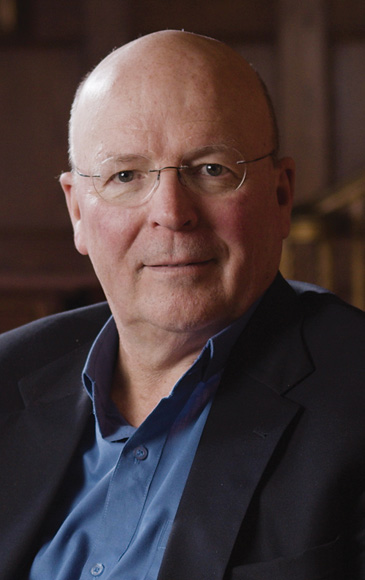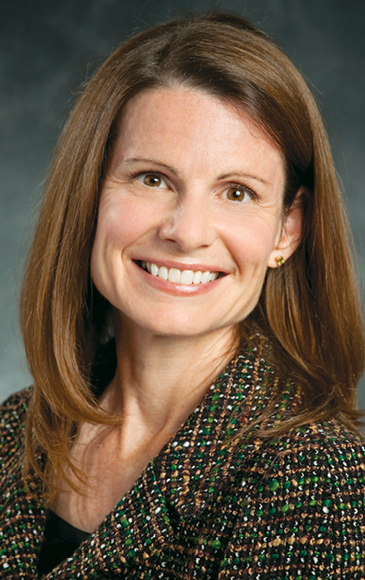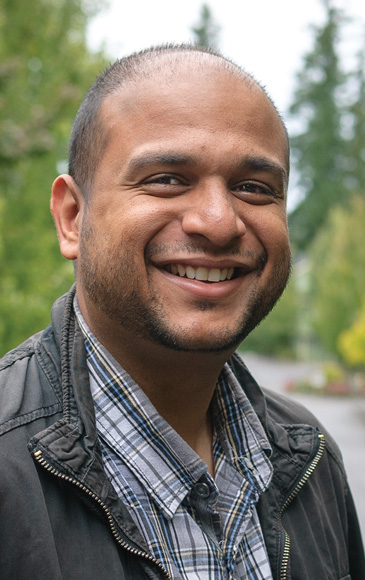A Conversation with the Editors of Dictionary of Paul and His Letters, 2nd Edition
The first Dictionary of Paul and His Letters (DPL1) was published in 1993. The field of Pauline studies has developed since then, of course. How would you summarize some of the major changes?
Scot McKnight: First, evangelicalism has changed and is not the same as it was thirty years ago. Then Pauline studies have changed significantly. At the time, the reigning paradigm for reading Paul was what is now called the "old" or "Reformation" or "Lutheran" reading of Paul. At the time of DPL1 the "new" perspective was gaining some steam, but it then became more prominent. But it, too, was matched by other approaches, including the apocalyptic approach, the participationist approach, and the Paul-within-Judaism approach. Alongside the above we now encounter so many readings of Paul from specific locations—the African American reading of Paul, the Latin American reading of Paul, etc. These readings constantly upgrade and shift the discussion about Paul.
Another major shift is represented in this volume in the number of women who wrote articles and whose scholarship is discussed by authors of entries in this volume. The changes since DPL1 are enormous.
Lynn Cohick: A big change has been welcoming women and minoritized and global voices. Other changes have been the interest in reading Paul from a theological perspective, the emphasis on studying Paul and empire, and the development of a "Paul within Judaism" perspective.
Nijay Gupta: There is a lot more openness to interdisciplinary engagement with systematic and historical theologians and patristics scholarship. Another area of increased interest is the Roman world in which Paul lived. Drawing from Roman history, archaeology, and classics, scholars are trying to bring more sophistication to social and political dynamics in Paul's time and place.
This is a massive project with 141 different contributors. How do you begin putting together a book like this?
McKnight: Three academic professor-editors (McKnight, Cohick, Gupta) were in on the initial stages along with Anna Gissing, our then editor. Each of us went through the old DPL1 entries list and added to the list and then came up with a lengthy complete list of articles to be written. Then we sat for two day in an office discussing names. Between the three of us we came up with a wide diversity of contributors.
Gupta: A motto that I returned to often as editor is: trust the experts. These writers have proven themselves to be skilled thinkers and writers in their areas of specialty, whether that is the Old Testament in Paul, theological interpretation, hermeneutics, chronology of Paul's life, or social history. We knew that if we got the right people, our job as editors would be to set the table and be good hosts for this feast of information.
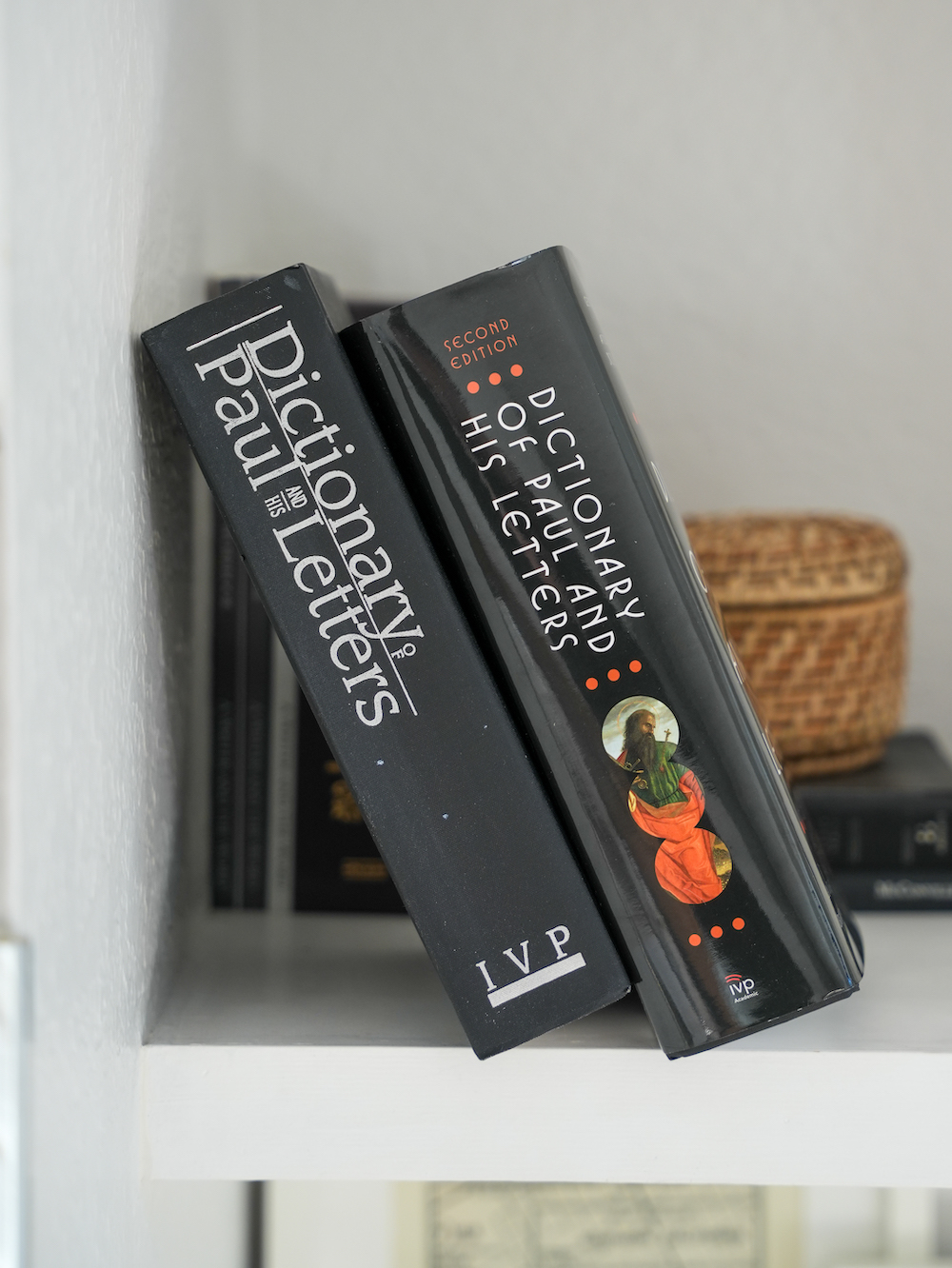
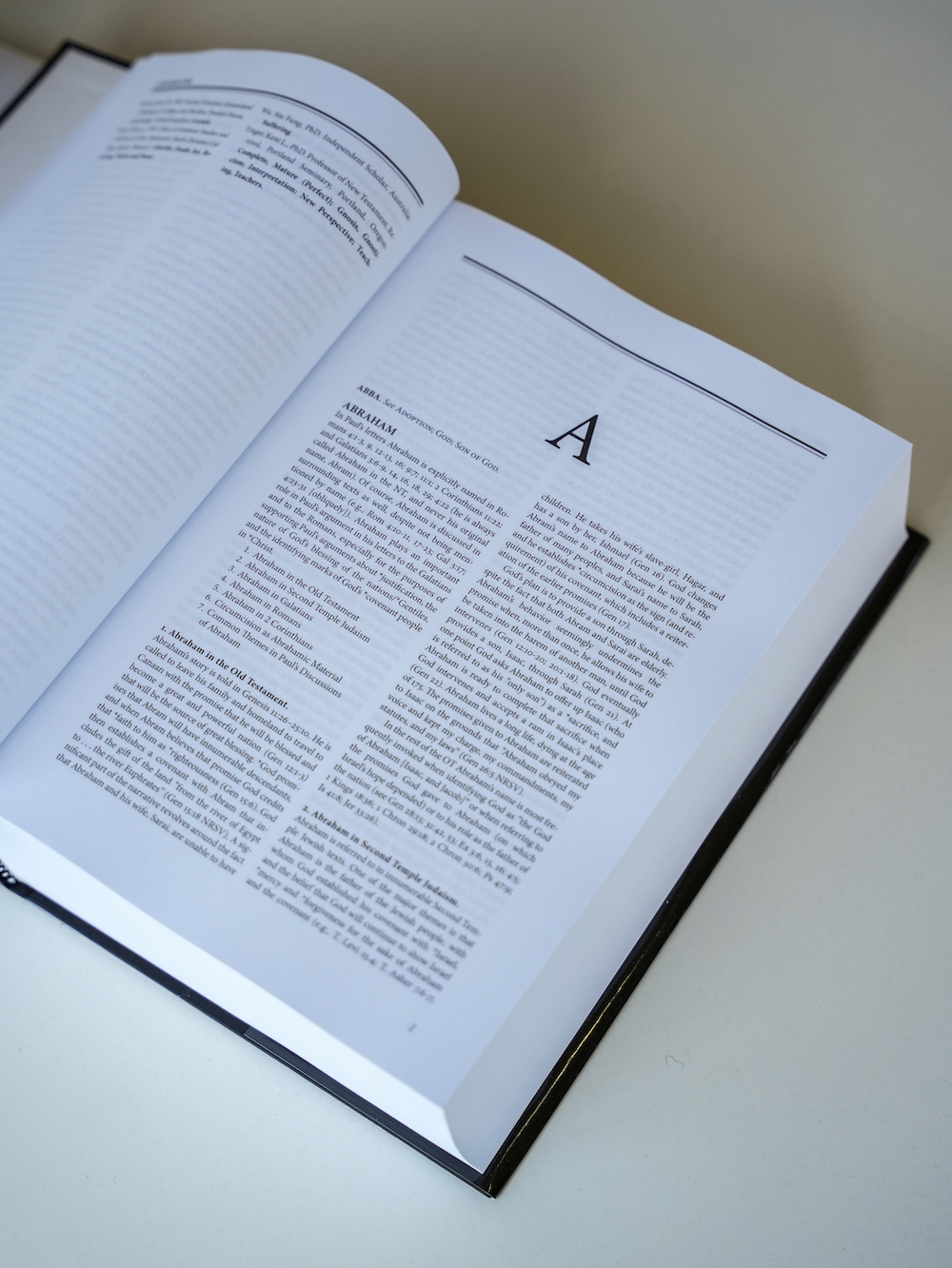
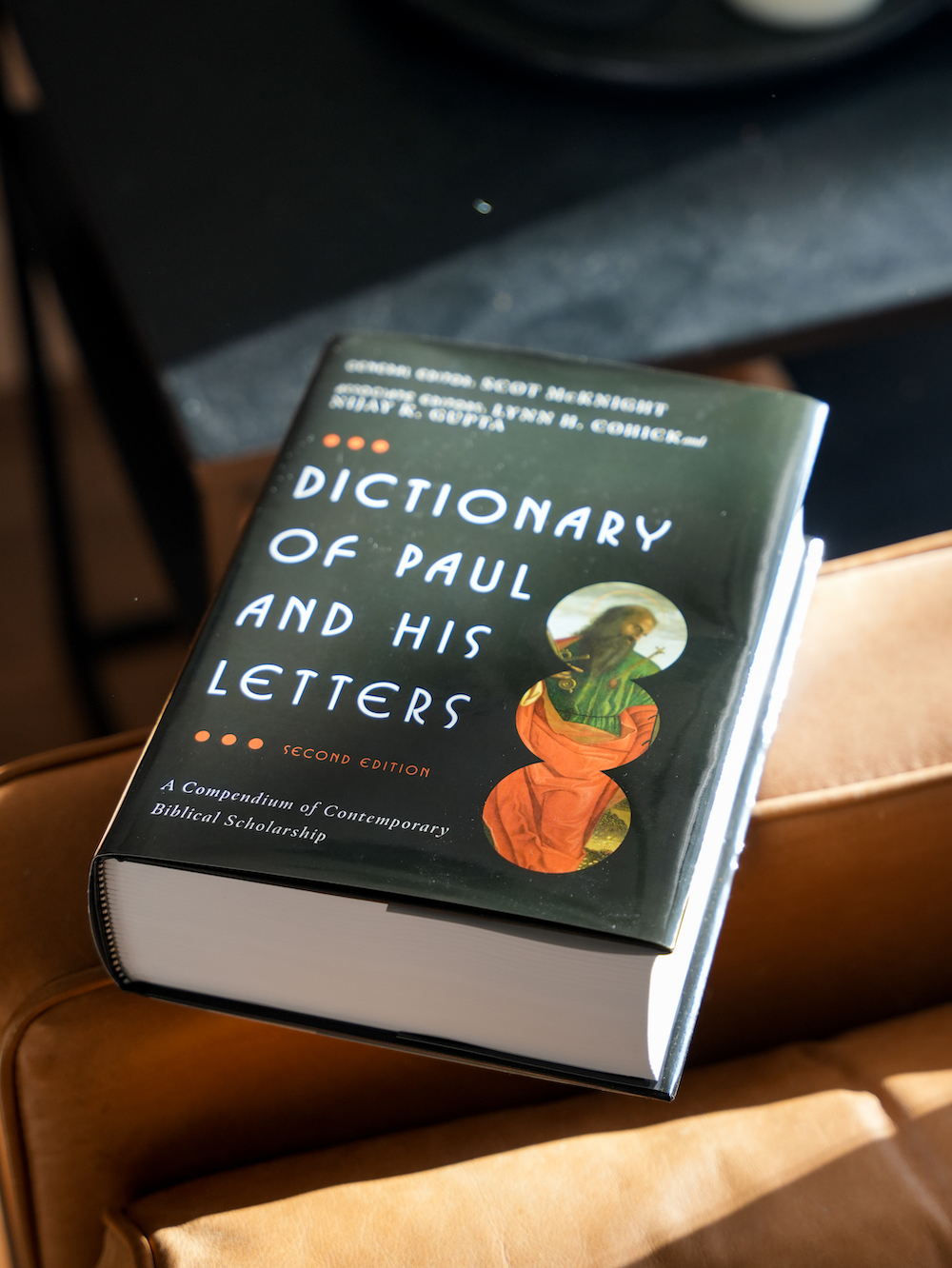
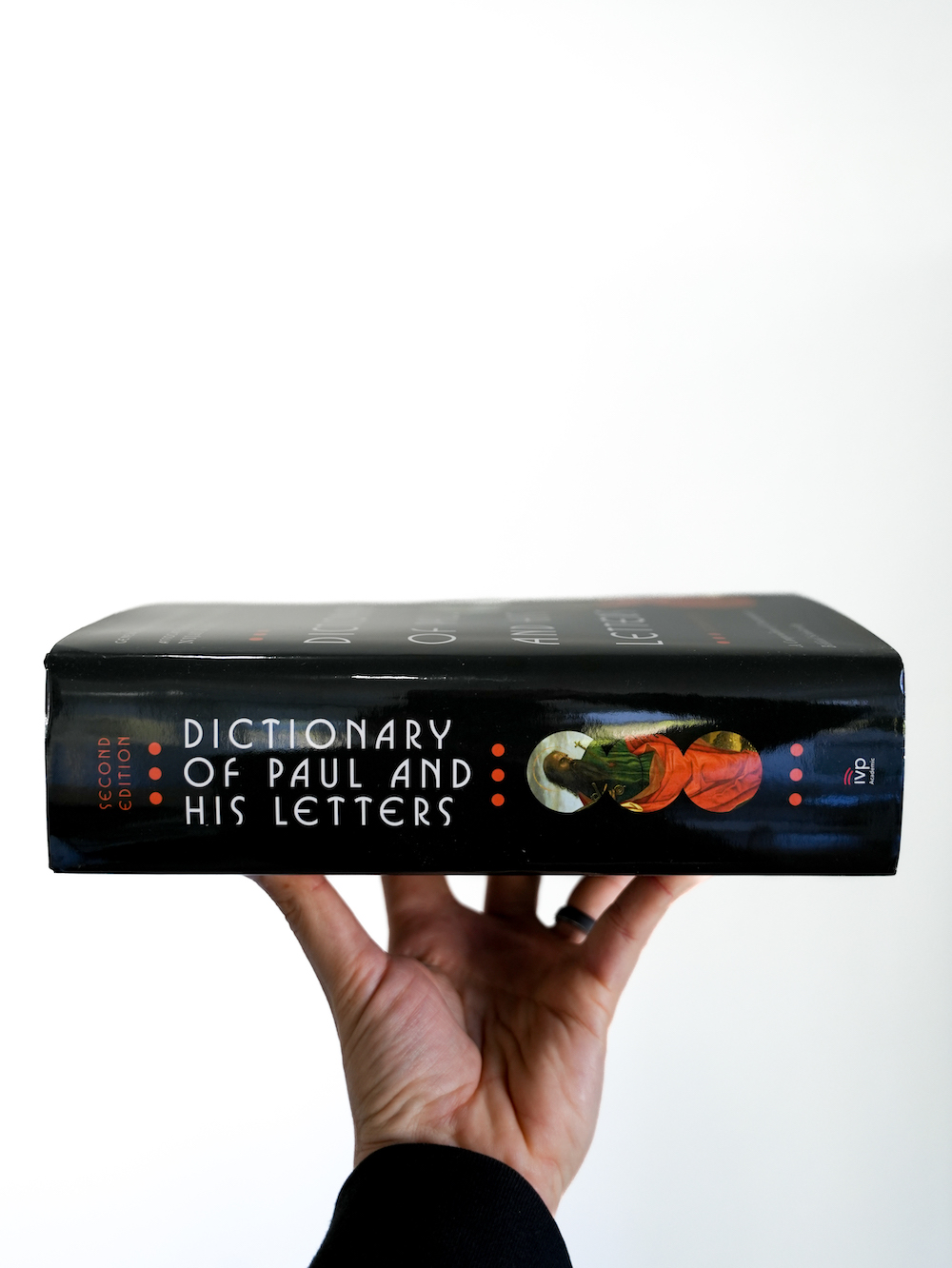
As you commissioned, reviewed, and wrote articles, did you learn anything that stood out to you?
Cohick: We were intentional in asking for contributions from women and minoritized and global voices, and it was a joy to see these contributions come in.
Gupta: I think I was continually reminded that there is always more to learn. I have been studying and teaching and writing on Paul for more than twenty years, and I was struck again and again as I read DPL2 essays that my knowledge is so narrow.
McKnight: Nearly every article was a learning experience. It would not be hard for us to pick out our favorite entry, but out of gratitude for each and appreciation for all the authors I won't do that.
One change in this edition was adding articles on interpreting Paul from specific historical eras and cultural perspectives (such as patristic, medieval, and postcolonial). Why were these important to include?
McKnight: The IVP volumes that collate comments from scholars in the patristic era (ACCS) and the Reformation era (RCS), if one spends time reading them, reveal that different ages read Paul in different ways. It is biased to think our age is the enlightened age and that former ages were blinkered in their understanding. These essays may prove to be some of the most helpful for those studying Paul today because many modern readers are lost in reading only modern scholarship about Paul.
Gupta: In the internet age, the world is getting smaller, and we are talking to people around the globe in real time. That makes us realize that, while there was only one Paul, none of us today knew him personally. We learn about and from Paul the writer reaching back through many centuries and from our own cultural and experiential vantage points. We can only become better readers of Paul if we acknowledge and understand this better.
With so much information available online, why do you think this kind of large reference work is still useful?
Gupta: The internet is like the Wild West—lots of interesting things to read, but it's hard to know where you can get the most reliable information. Now that I know what happens behind the scenes of a dictionary like this, I see how writers are chosen very carefully. Publishers draw from long-term experience in reference work production. And scholarship is double or triple or quadruple checked. The stuff you find online doesn't always give you that. Also, these IVP "black dictionaries" (IVP Bible Dictionary Series volumes) are beautiful physical artifacts—I'm still a sucker for a well-produced physical book.
McKnight: Because books are books and online is online. The care taken by our contributors overwhelms 99% of what can be found online.
What are your hopes for this dictionary? How will it benefit readers?
McKnight: First, I hope it will prove to be beneficial to three special groups: pastors, professors, and students. Pastors in sermon preparation; professors in lecture preparation as well as in reading for publications; and students in their assignments and in reading for papers.
Gupta: Nobody sits down and reads a dictionary from beginning to end. And yet I was struck by how readable the essays are. People think of dictionary entries as tedious and dull. Sometimes that can be true. But I see students and scholars pulling this off the shelf for quick consultation. I see professors using this as a textbook—I know I will. And I hope pastors will wear out their copy of DPL2 the way many have of DPL1. Of course, I also have a digital copy of DPL1. And I will use my DPL2 on Logos constantly!
Join IVP Academic's Email List & Discover More Reference and Commentary Resources.
About the Editors
This interview originally appeared in the IVP Academic catalog. Sign up to receive the catalog to be the first to discover new academic books and author interviews.




